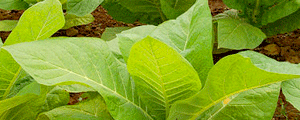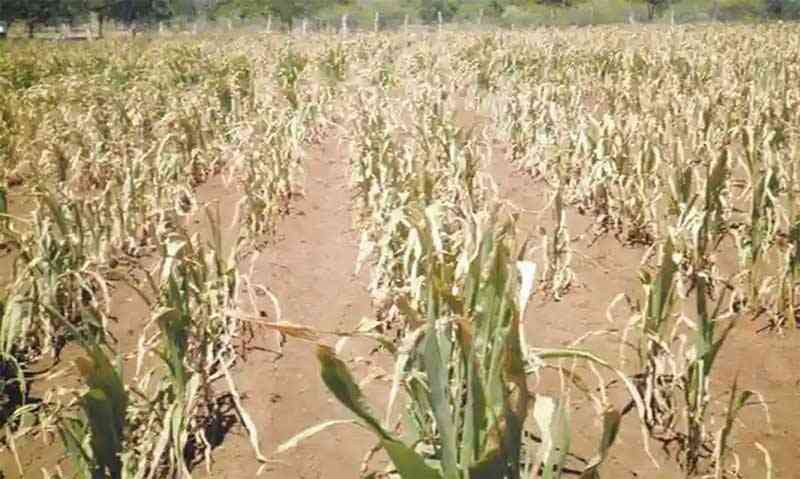
BOKA Tobacco Auction Floors chief executive officer Rudo Boka yesterday told Parliament that contractors were grabbing 70% of tobacco business while auction floors only remained with 30%. VENERANDA LANGA SENIOR PARLIAMENTARY REPORTER
Addressing members of the Parliamentary Portfolio Committee on Lands, Agriculture and Mechanisation, Boka said the arrangement threatened to push the auction floors out of business due to little returns they received.
Boka said contract farming had not yet reached the level where it should be fully implemented due to lack of infrastructure such as tobacco-processing plants.
“Our request is that can we be given a little bit of time to reach a stage where capacity of auction floors in Harare is utilised before we go to the decentralisation approach,” Boka said.
“Since 2011 distribution of the crop is ever-increasing towards the merchant – it was 64% in favour of contractors and this year 70% of the national tobacco output is going to contractors, which means three auction floors are competing for 30% of the 300 million kilogrammes produced,” she said.
Boka said crafting of legislation to control tobacco contract farming was necessary in order to solve problems encountered in the tobacco sector.
“Very soon we will see redundancy and irrelevance of auction floors. We need our growers to be financially emancipated to be able to adopt the necessary skills and exposure to traceable tobacco,” she said.
However, Mashonaland Tobacco Company managing director Kenneth Langley said contract farming was the way to go as Zimbabwe’s tobacco had global appeal where buyers demanded traceability of the product to curb the use of banned chemicals, reduce use of child labour and enable farmers to embark on new tobacco-curing technology that does not cause deforestation.
- Chamisa under fire over US$120K donation
- Mavhunga puts DeMbare into Chibuku quarterfinals
- Pension funds bet on Cabora Bassa oilfields
- Councils defy govt fire tender directive
Keep Reading
“For the past four seasons the volume of tobacco produced by contract growing increased from 7,5 million to 26 million kilogrammes and our investment to contract farming is from $21 million to $37 million. Last season approximately 74% of total tobacco production came from small holder farmers while 26% was from large and medium scale growers,” he said.
Langley said contract farming had an advantage of support for farmers in terms of inputs, finance, but at an interest rate of 8% per annum, as well as selling of tobacco at nearby centralised auctions. He said his organisation had supported 12 600 contract farmers to date.











